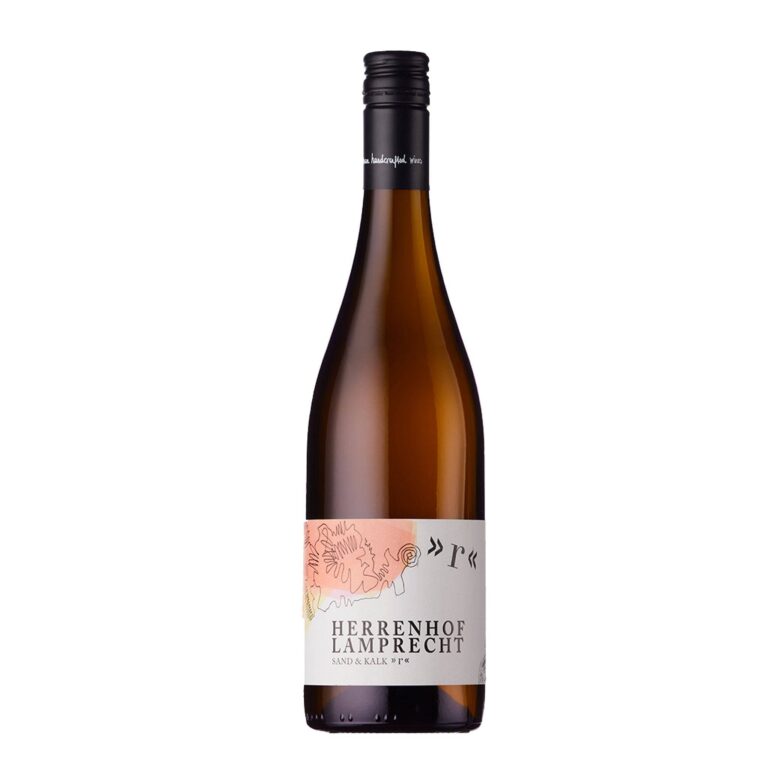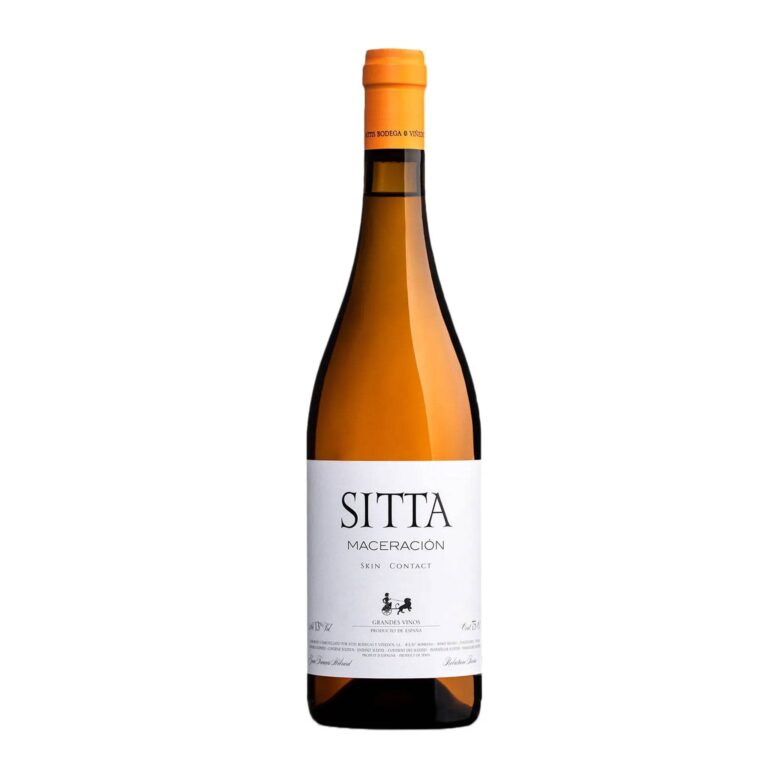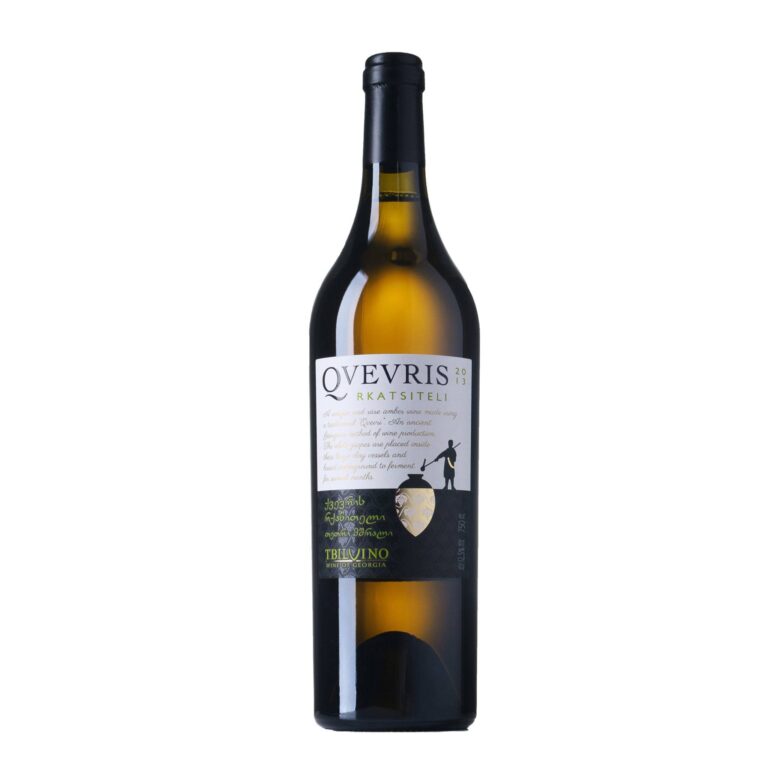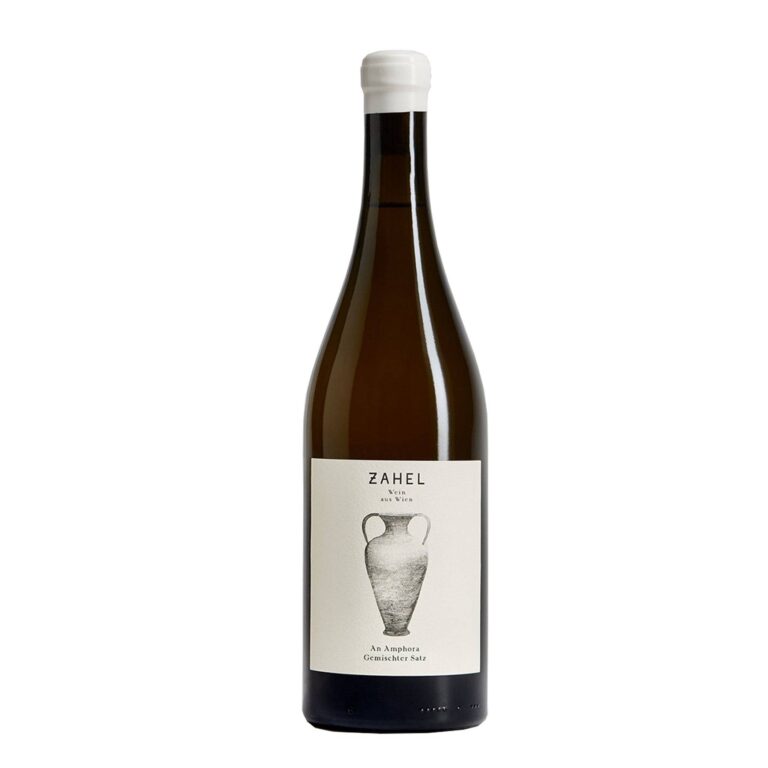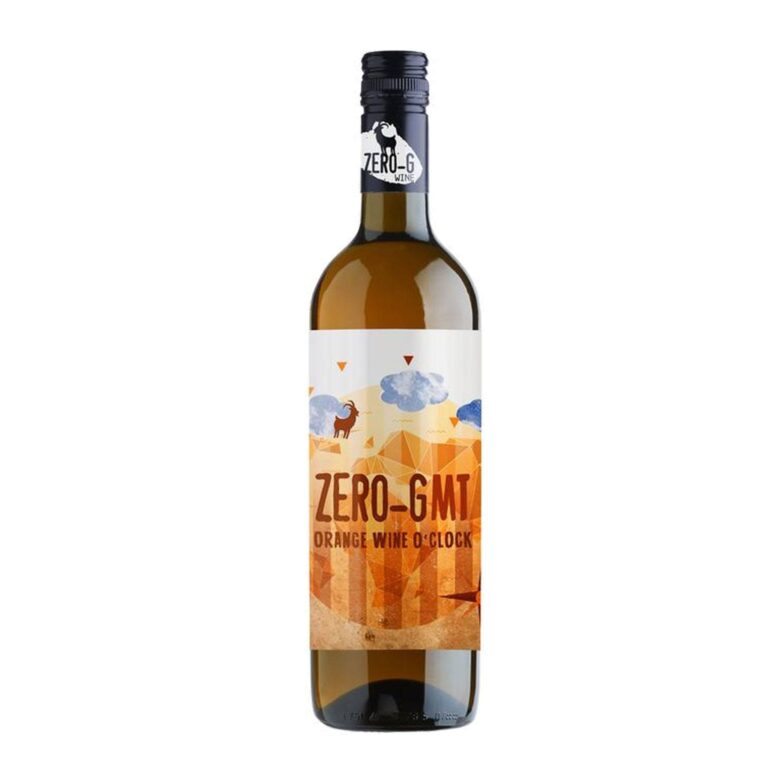Orange Wine
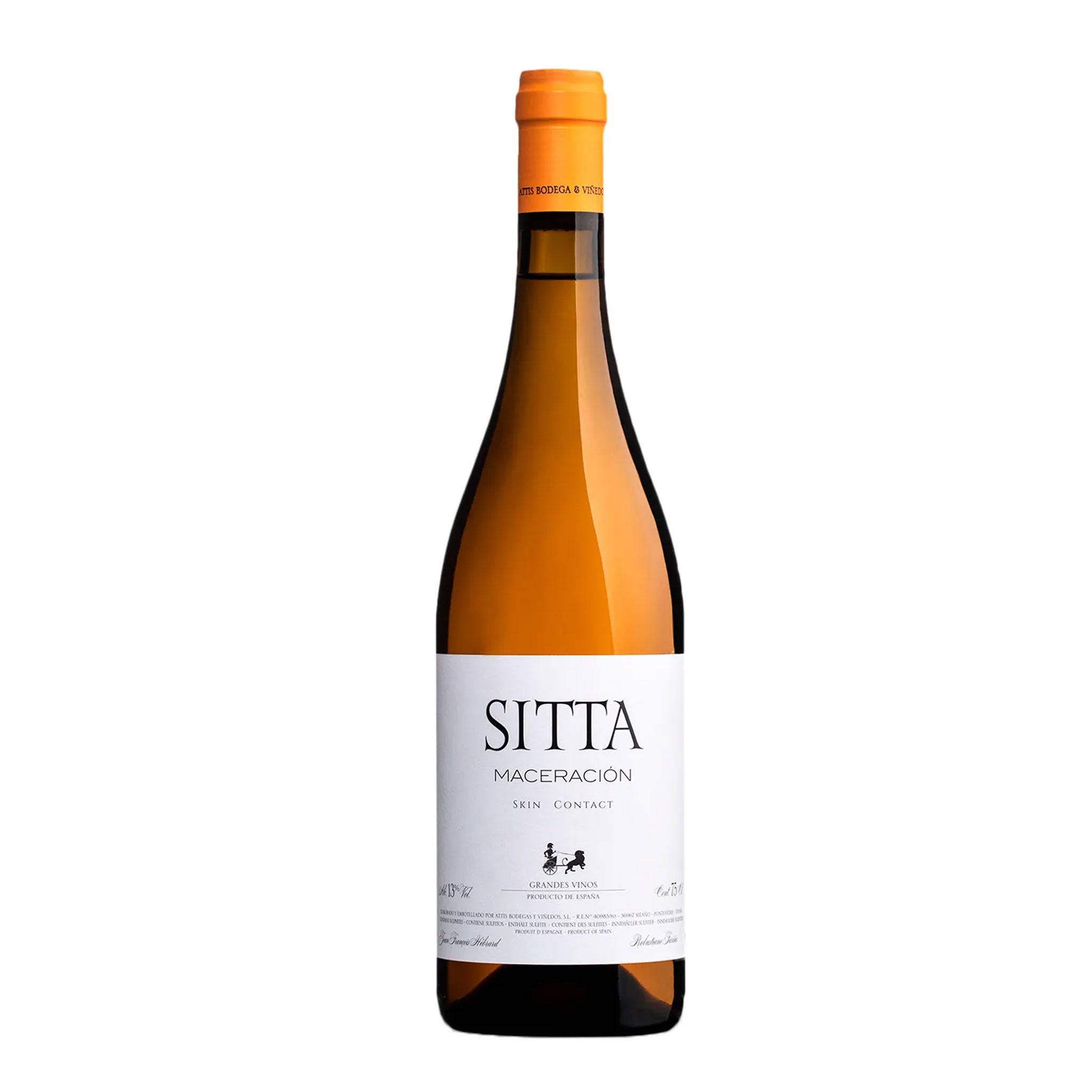
A Sip of History– The Ancient Roots of a Modern Revival
Though it seems like the current fad among all-natural a glass of wine enthusiasts and store bars, orange a glass of wine is anything but new. Its origins map back over 5,000 years to the nation of Georgia, where winemakers fermented grapes in large clay vessels called qvevri. These amphora-like pots were buried below ground to maintain cool, consistent temperatures, developing skin-contact white wines long before stainless-steel containers or temperature control existed.
Fast forward to today, and orange wine has been rediscovered by a new generation of producers in Italy, Slovenia, Austria, and even the UK. What started as an ancient technique has actually advanced right into an activity celebrating authenticity, marginal treatment, and bold flavor– every little thing modern-day white wine lovers desire.
For numerous UK enthusiasts, orange white wine stands for a disobedience against mass-produced similarity. It’s artisanal, commonly organic or biodynamic, and made with a clear respect for nature and heritage.
Why Orange Wine Is Capturing British Palates
In recent times, British customers have become more adventurous with their beverages. Natural glass of wines, craft beers, small-batch gins– the hunger for discovery is huge. Orange wine fits that spirit perfectly.
Its distinctive taste– somewhat tannic, often nutty, and commonly packed with dried fruit, honey, and tea-like notes– supplies something really various. If white wines occasionally feel as well light and reds as well hefty, orange red wines provide a gratifying happy medium.
UK retailers such as Majestic Wine, The Wine Society, and Berry Bros. & Rudd have actually reported a recognizable rise in orange white wine need, especially amongst younger buyers and restaurant-goers seeking something “a bit different.” London’s all-natural red wine bars– like Noble Rot, Top Cuvée, and Sager + Wilde– have helped turn orange white wine into a talking point, not just an inquisitiveness.
What Does Orange Wine Taste Like?
Due to the fact that orange white wine is a wide classification instead of a single style, its taste can differ extensively depending on the grapes used and for how long the skins are left to steep. Yet as a whole, you can expect:
A deeper color and appearance than basic white wine– think amber, copper, or perhaps light bronze.
Tannins (the mouth-drying component a lot more common in red wines) include structure and grip.
Flavors of dried out apricot, honey, citrus peel, tea leaves, and cozy spices.
Aromatic complexity that can range from floral and fruity to savory and earthy.
If you enjoy a full-bodied Chardonnay or the intricacy of a Pinot Noir, you’ll likely appreciate the layered character of a great orange wine.
How to Serve Orange Wine
Offering orange wine is straightforward; however, a few small details can make a big difference.
Temperature:
A lot of containers show their ideal in between 10– 14 ° C– a little warmer than a white, a little cooler than a red. Too chilly and you’ll shed the texture; too cozy and the flavors can really feel hefty.
Glasses:
Make use of a gewurztraminer or small merlot glass– something with a little bit of bowl area to allow the scents to open up. Orange red wines frequently develop as they breath, so do not rush that very first sip.
Decanting:
For many all-natural or unfiltered orange red wines, a fast decant (10– 15 mins) aids in mellowing any funkiness and lets the complex fragrances unravel.
Storage space:
Keep it like you would a white– cool, dark, and stable. As soon as opened, a lot of orange white wines will certainly remain enjoyable for 2– 3 days if sealed and cooled.
Frequently Asked Questions About Orange Wine
1. Is orange white wine like all-natural red wine?
Not precisely– though they frequently overlap.
Orange a glass of wine describes exactly how it’s made: white grapes fermented with their skins.
Natural a glass of wine describes exactly how it’s farmed and produced: marginal intervention, often natural or biodynamic, with little or no ingredients.
Several orange-red wines are all-natural, but not all 100% natural wines are orange. Consider it like squares and rectangular shapes– one commonly consists of the various others; however, they’re not identical.
2. Does orange white wine taste sour or fashionable?
It can, yet not constantly.
Some orange red wines (especially the really natural ones) have a slightly tasty, delicious edge that followers love. However, plenty of modern-day versions are clean, fresh, and perfectly balanced.
If you’re new to the design, begin with something friendly– like Tillingham Amber (England) or Movia Rebula (Slovenia)– to alleviate prior to venturing right into more rustic containers.
3. Can I cool orange white wine like white wine?
Yes– but not way too much.
A light chill (10– 14 ° C) highlights its rejuvenating side while keeping the aromas to life. If it’s also cold, the flavors can seem muted or even bitter.
Pro tip: if you’ve taken it out of the fridge, allow it to sit on the counter for 15 minutes prior to pouring.
4. Is orange wine pleasant?
The majority of orange glass of wines are completely dry.
The deep color can be deceptive– individuals often anticipate sweetness due to the “orange” name or honeyed shade. Actually, the majority of them are crisp, distinctive, and savory, with subtle fruit as opposed to sugar-driven flavor.
5. The length of time can I maintain an open bottle?
Normally, 2– 3 days if sealed and refrigerated.
Because orange glass of wines have some tannin and appearance (thanks to the skin that comes into contact with), they actually stand up better than many whites. Some even taste more fascinating on day 2– an indicator of top quality and all-natural craftsmanship.
6. Is orange red wine just a fad?
It might really feel fashionable, yet its origins date back hundreds of years. The current boom is less about fashion and more about discovering authenticity. Just as craft beer and all-natural gin changed their industries, orange red wine is improving how individuals consider flavor and tradition.

